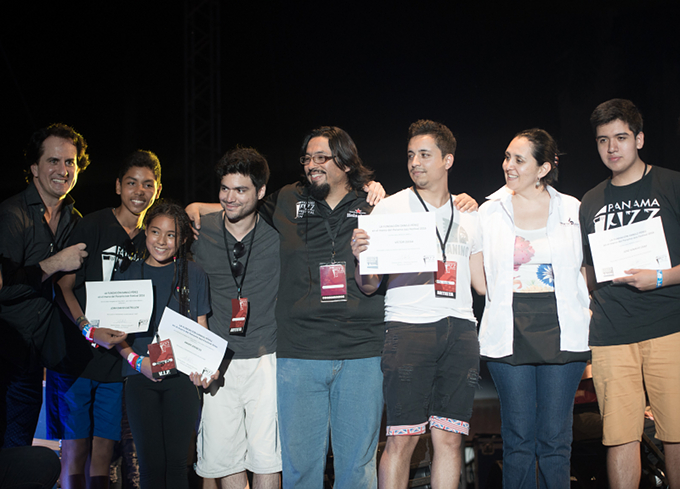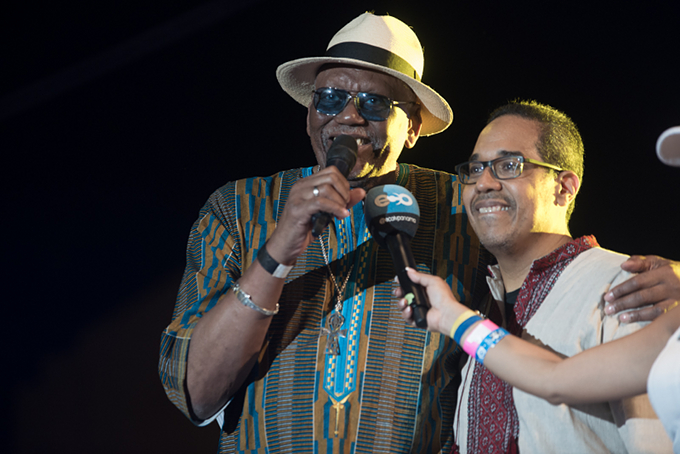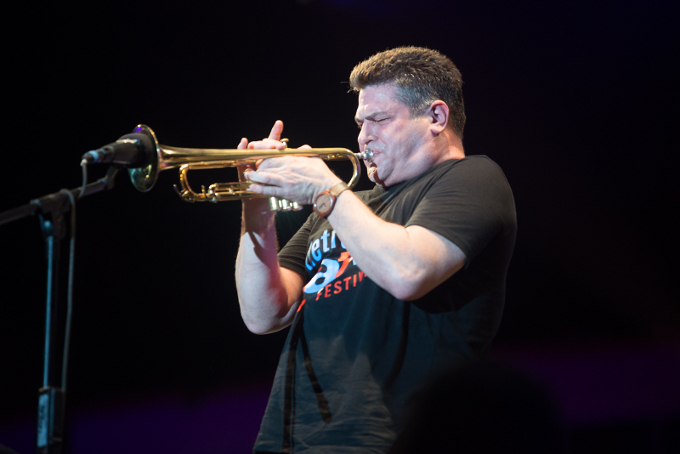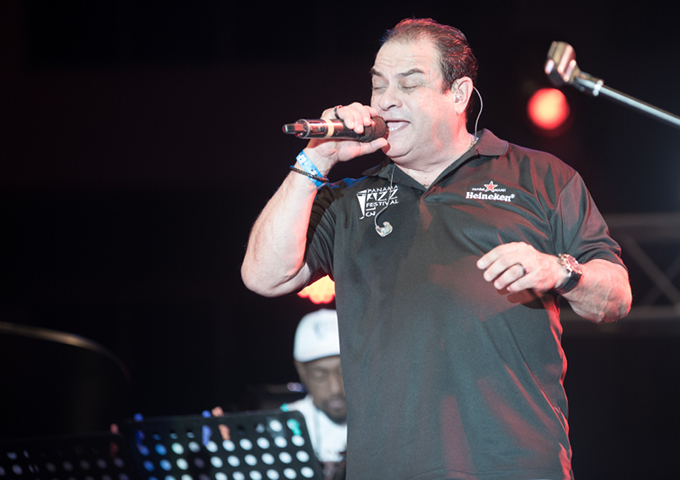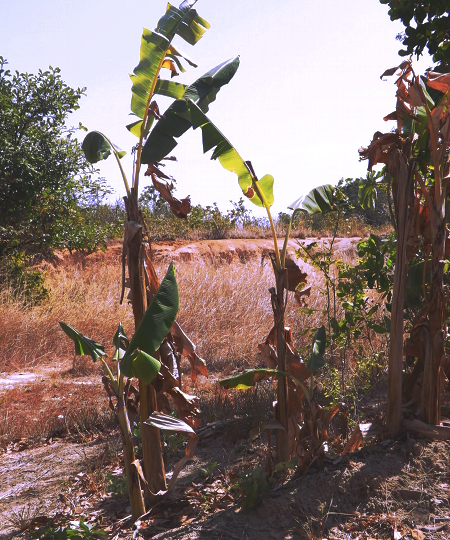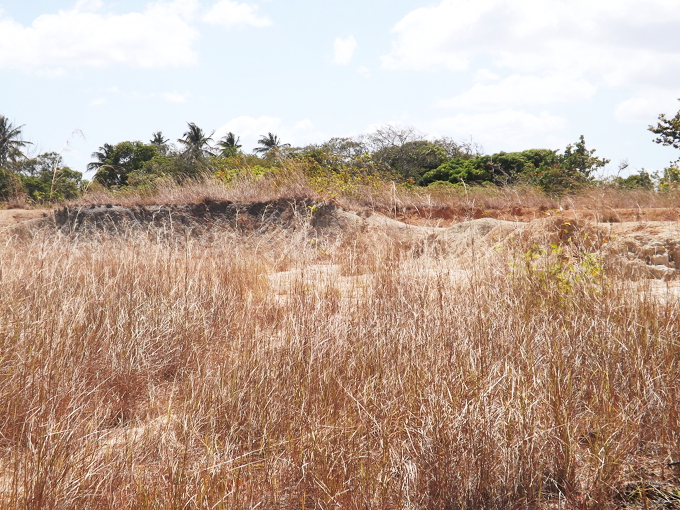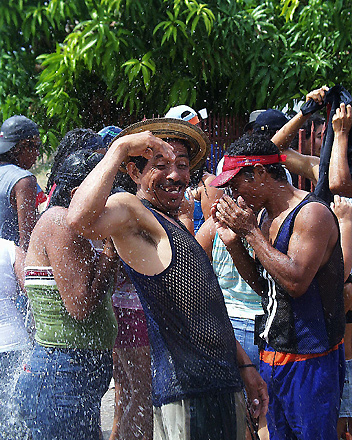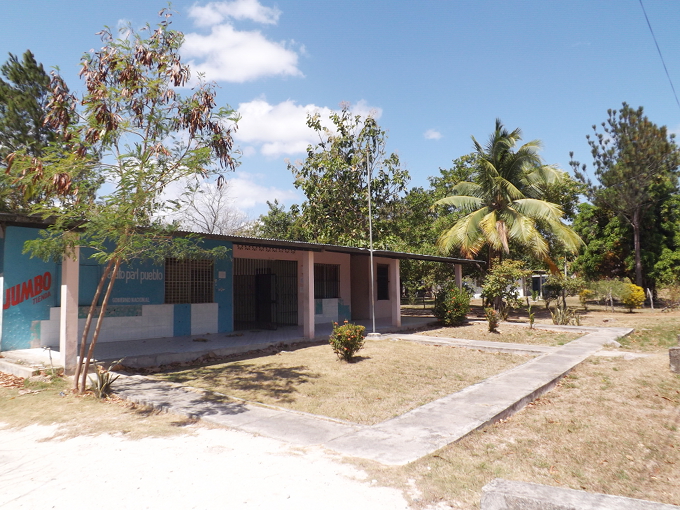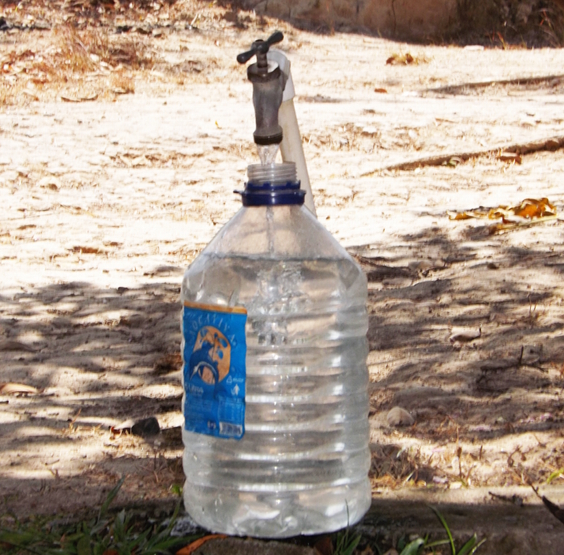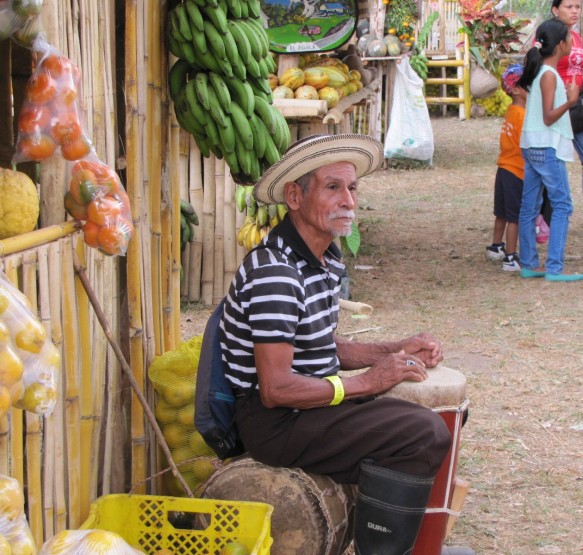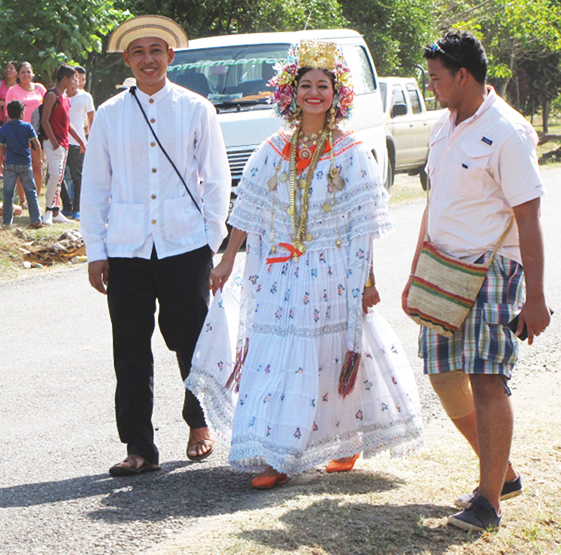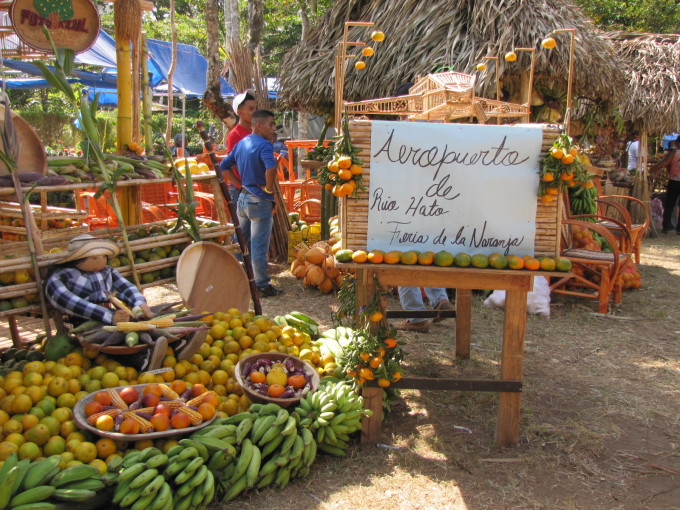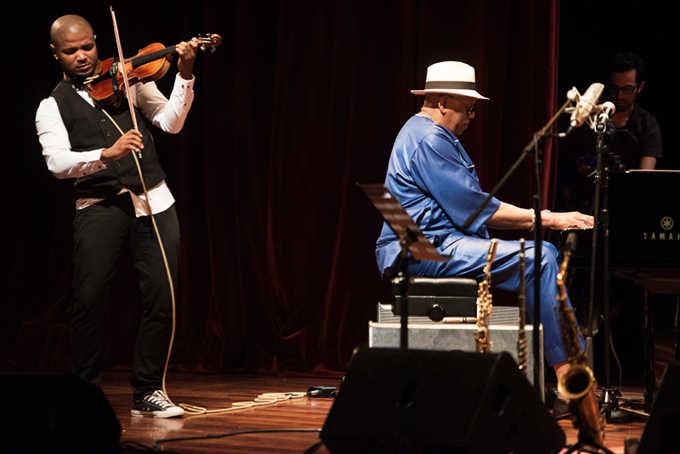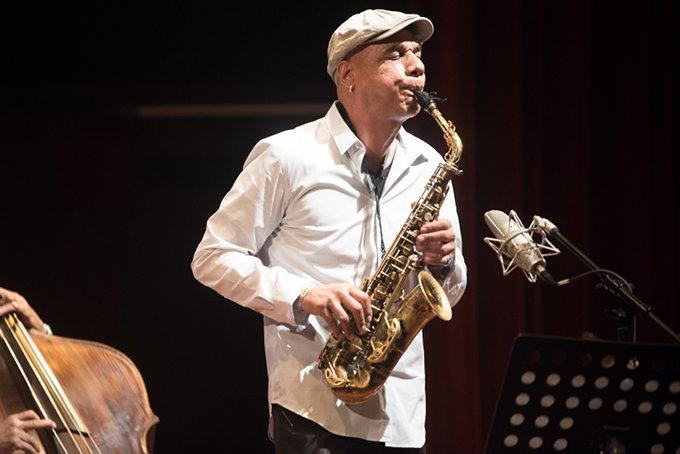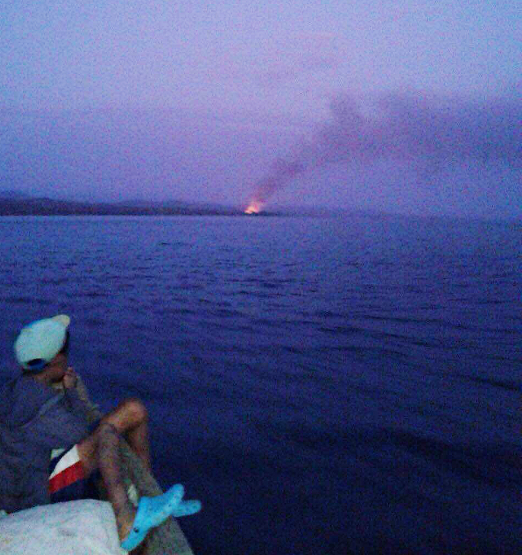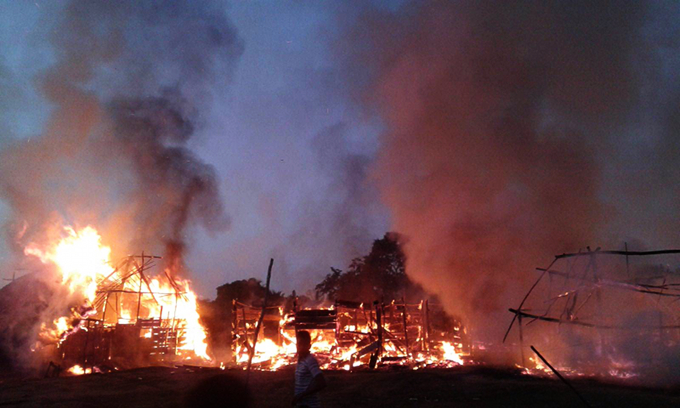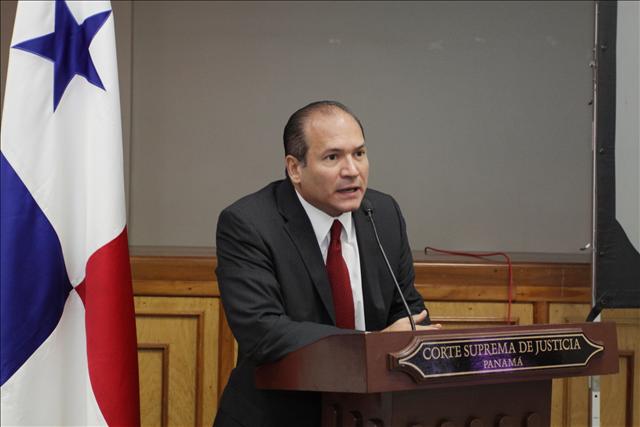 Where Hillary and Bernie stand on issues that uniquely affect Americans living abroad
Where Hillary and Bernie stand on issues that uniquely affect Americans living abroad
questions posed by Democrats Abroad
FATCA: Would you support the FATCA “Same Country Safe Harbor” for Americans abroad, the regulatory reform that Democrats Abroad recommends for fixing FATCA’s problems but retaining its strength?
Hillary Clinton: I’ve heard loudly and clearly about the burdens that FATCA and other reporting places on Americans living abroad. I understand that this is an extremely important issue – and is creating disruptions in the basic, day-to-day lives of everyday Americans living abroad. I’ve heard that it can be harder to open a bank account, harder to save for retirement, and harder to get a mortgage. I share these concerns — Americans living abroad shouldn’t face excessive burdens in their lives. I know that the vast majority of Americans living abroad are paying their fair share, and we should ease burdens on law abiding Americans living abroad while focusing on the real, true offenders. This is a complex area, and we need to make sure we don’t weaken enforcements against true tax cheats, while making sure we don’t create additional unnecessary burdens. I am committed to working with Americans living abroad and members of Congress to find the right solutions.
Bernie Sanders: Yes. I support the “Same Country Safe Harbor” proposal and I commend Democrats Abroad for its leadership in working on this important initiative. In my view, banking and other financial services provided to overseas Americans should be treated as a local activity.
We need to make it easier for law-abiding Americans living overseas to manage their personal finances and buy a house, while making it harder for tax cheats to hide their money in offshore tax havens to avoid paying their fair share in taxes. I look forward to working with you to turn these goals into action.
The same country exception would ease the burden on overseas Americans — teachers, IT workers, researchers, small business owners, academics, aid workers and stay-at-home parents — and permit the US Treasury to focus on curbing tax avoidance by Americans living inside the United States who move their money to offshore tax havens to avoid paying taxes.
Residence Based Taxation: Would you support the replacement of the current system of taxing overseas Americans, known as citizenship-based taxation, with a system of residence-based taxation?
Hillary Clinton: I know that most Americans living abroad are just trying to make a living and provide for their families. I believe that we need a broad discussion about reforming our tax code to cut taxes for hard-working, middle class American families living both here and abroad, and to ask the wealthiest Americans to pay their fair share. That means, among other things, closing loopholes that allow many hedge fund managers to pay a lower tax rate than nurses or teachers and supporting proposals like the Buffet Rule. But it also means closing loopholes that create incentives for corporations to ship jobs and profits overseas, and making sure that the wealthiest Americans can’t move overseas to avoid paying taxes. Americans, regardless of where they live, often benefit from American education, infrastructure, legal protections, and trade policies. This is a complicated issue and I will work with Americans living abroad and members of Congress to cut taxes for hardworking, middle class Americans, but also avoid creating any adverse incentives for those looking to avoid contributing their fair share.
Bernie Sanders: This is something that deserves serious consideration. Other than Eritrea, the US is the only country that I am aware of that requires the filing of two annual tax returns to reconcile complex tax codes of different countries.
In my view, we can provide tax relief to middle-class families living overseas, while prohibiting large corporations and the wealthy from avoiding over $100 billion a year in taxes by stashing their cash in the Cayman Islands and other offshore tax havens.
FBAR: Would you support reforms to FBAR regulations to address these concerns and inequities?
Hillary Clinton: As president, I will work with Americans living abroad and members of Congress to examine filing requirements with the aim of avoiding redundancies and minimizing unnecessary paperwork and confusion. Any reforms would also need to be scrutinized to avoid weakening government capacity for monitoring illegal activity or tax avoidance facilitated by holding foreign bank accounts.
Bernie Sanders: Yes, I look forward to working with Democrats abroad to address these concerns and make this system more equitable. As you know the FBAR reporting threshold has not been adjusted for inflation since it was first initiated in the early 1970s. We need to look at that. We also need to look at removing the unnecessary duplication in the reporting requirements between FBAR and FATCA.
I am also sympathetic to the concerns raised by older Americans living abroad with the mandatory online reporting requirements that are now in place.
At a time when this country has an $18.4 trillion national debt and so many unmet needs, I do believe that we need to do everything we can to eliminate tax evasion. I also believe that we should be rewarding, not punishing, middle-class citizens living abroad who are following the rules. In my view, we can and we must accomplish both of those goals.
Medicare portability: Would you support an amendment to the Medicare law permitting American citizens to use Medicare benefits to pay for health care in approved medical facilities located outside the USA?
Hillary Clinton: I’ve fought to protect and strengthen Medicare throughout my career and have continued to press the importance of this lifeline in this campaign. I support further examination of how Americans over 65 living abroad and eligible for Medicare could apply their benefits to care at approved medical facilities located outside the US.
Bernie Sanders: I support a Medicare-for-all single-payer health care plan to make health care a right, not a privilege, for all Americans, including Americans living and working abroad. Instead of spending federal health care dollars on the multi-million dollar salaries of insurance company CEOs, it is time to use this money to guarantee health care to every American citizen.
As you know, retired US military personnel and their dependents living overseas are reimbursed by the US government for most of their medical bills through the TriCare For Life system. In my view, there is no reason why we cannot use the Tricare program as a model for a Medicare delivery program for all Americans living overseas.
HR-3078: Would you support the establishment of a Commission on Americans Abroad to study and propose remedies to US policies that harm or unfairly burden Americans living outside the US (as provided for in House bill HR-3078)?
Hillary Clinton: As president I would support a bipartisan effort to examine how the US government’s laws and executive actions impact US citizens living abroad, like the Commission on Americans Abroad proposed in House bill HR-3078, which is sponsored by Representative Carolyn Maloney, whose endorsement I am honored to have in this campaign.
Bernie Sanders: US citizens living abroad deserve to feel that their country and the officials elected to represent them consider their interests just as they consider the interests of Americans living in the United States. I support the establishment of a Commission on Americans Abroad to examine the impact of federal financial reporting requirements, the ability to vote in US elections, and access to federal programs like Social Security and Medicare for Americans living abroad.
Windfall Eliminations Provision: Would you support the examination of the WEP and its impact on US citizens abroad to establish a remedy that preserves the social security benefits fairly earned by Americans abroad through their US working life?
Hillary Clinton: Americans living abroad, like all hardworking Americans, have a right to the Social Security benefits they have earned when they retire, and I am concerned that the WEP as now designed is not fair to many Americans who have paid into Social Security but see their benefits reduced due to the WEP. That’s why I support further examination of how the WEP impacts American citizens abroad to ensure that they are treated fairly in the Social Security system.
Further, I will fight to expand Social Security for those who need it most and who are treated unfairly today. This includes giving Social Security credit for caregiving and expanding benefits for widows who can now see their benefits fall by as much as 50 percent when a spouse dies. And I will oppose Republican efforts to reduce annual cost-of-living adjustments or raise the retirement age. Finally, to ensure these critical benefits for decades to come, I will ask the highest-income Americans to pay more, including options to tax some of their income above the current Social Security cap, and taxing some of their income not currently taken into account by the Social Security system.
Bernie Sanders: Yes. I have been a strong supporter of repealing the WEP to provide fair and equitable treatment to all workers on Social Security, including our teachers, firefighters, police and other public servants who have contributed into Social Security.
Further, at a time when senior poverty is going up, our job must be to expand benefits, not cut them. I have introduced a plan to increase Social Security benefits by over $1,300 a year for seniors who have income of less than $16,000 a year. My plan also extends the solvency of Social Security for more than 50 years by lifting the cap on taxable income so that the wealthiest 1.5 percent of Americans pays the same percentage of their income into Social Security as everyone else.
FAST Act passport revocation: Would you support, as part of the implementation of the 2015 FAST Act, these requests aimed at preserving the security of Americans abroad and their families?
Hillary Clinton: Every American should pay what they owe under our tax laws. In enforcing those laws, it is also essential to preserve the safety and security of Americans living abroad. Ensuring the security of Americans living abroad was a central part of my job when I served as Secretary of State and, as president, will continue to be of great importance to me. The State Department and any other US government agency must strive to ensure Americans living abroad are provided with timely information and open lines of communication with their government. As public servants, it is our job to look out for the safety of all Americans, including those residing overseas. That is why as president I would make sure that the 2015 FAST Act is implemented fairly and in such a way as to ensure we protect Americans. I will ensure that Americans receive timely and accurate information about their tax responsibilities and are given ample opportunity to remedy or resolve any related issues, within a reasonable timeframe, before a passport is revoked due to a tax delinquency.
Bernie Sanders: support efforts to ensure that Americans living and working abroad have access to information on tax debts and proper notice before the IRS requests that the State Department revoke or deny the renewal of the passports of US citizens. Proper due process provides procedural and legal safeguards that permits an American abroad an opportunity to satisfy tax debts prior to the denial or revocation of a citizen’s passport. I also believe that safeguards should be put in place to protect and preserve the security of Americans living abroad and their families.
Early voting for the March 1 – 8 Democrats Abroad Global Primary is now underway
To join Democrats Abroad — essentially to be registered to vote — click here
If you are a DA member, click here to download your ballot to vote by email
Once you are registered send your email ballot, completed as instructed, to PrimaryVoting@democratsabroad.org
In-person voting will be at the Theatre Guild on March 6 from 10 a.m. to 4 p.m.
Democrats Abroad has same-day voter registration
~ ~ ~
The announcements below are interactive. Click on them for more information







